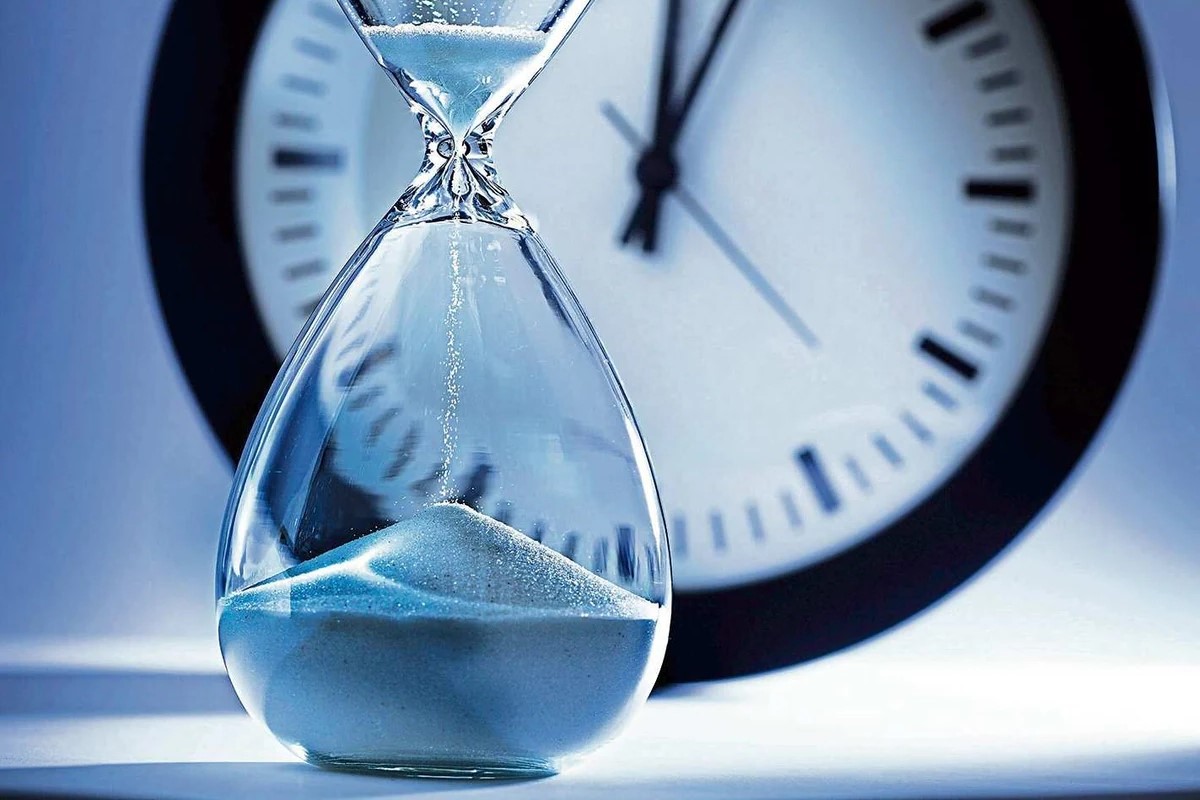
Patience is a virtue often praised but rarely mastered. Ever wondered why some people seem to have an endless supply while others run out quickly? Patience isn't just about waiting; it's about how you behave while waiting. From ancient proverbs to modern psychology, the concept of patience has intrigued humans for centuries. Did you know that practicing patience can reduce stress, improve decision-making, and even enhance relationships? Whether you're waiting in line, dealing with a difficult person, or striving for a long-term goal, understanding the power of patience can transform your life. Ready to learn more? Let's dive into 31 fascinating facts about patience that might just change how you see this timeless virtue.
Key Takeaways:
- Patience is a superpower that reduces stress, improves decision-making, and helps achieve long-term goals. It's like a secret weapon for a happier and healthier life!
- From historical figures to nature's wonders, patience has shaped the world in amazing ways. It's the key to success, whether in science, art, personal growth, or the natural world.
The Importance of Patience
Patience is a virtue that many people strive to develop. It helps in managing stress, improving relationships, and achieving long-term goals. Here are some fascinating facts about patience that highlight its significance.
- Patience can reduce stress levels by promoting a calm and composed mindset.
- People who practice patience tend to have better mental health.
- Patience is linked to increased empathy and understanding in relationships.
- Developing patience can lead to better decision-making skills.
- Patience helps in achieving long-term goals by fostering perseverance.
Patience in History
Throughout history, patience has played a crucial role in the success of many individuals and civilizations. These facts shed light on how patience has shaped history.
- Mahatma Gandhi's patience was instrumental in India's struggle for independence.
- Nelson Mandela's patience during his 27 years in prison helped end apartheid in South Africa.
- The Great Wall of China, a symbol of perseverance, took over 2,000 years to complete.
- Patience was key to Thomas Edison's success, as he failed thousands of times before inventing the light bulb.
- The patience of ancient farmers led to the development of agriculture and the rise of civilizations.
Patience in Science and Technology
Scientific discoveries and technological advancements often require years of patience and dedication. Here are some examples of how patience has driven progress in these fields.
- The development of the polio vaccine took over 20 years of research and testing.
- The Hubble Space Telescope took decades of planning and construction before its launch.
- The Human Genome Project, which mapped human DNA, took 13 years to complete.
- Patience was essential for the Wright brothers, who spent years perfecting their airplane design.
- The Large Hadron Collider, the world's largest particle accelerator, took over a decade to build.
Patience in Art and Literature
Artists and writers often spend years perfecting their craft and creating masterpieces. These facts highlight the role of patience in the world of art and literature.
- Leonardo da Vinci spent four years painting the Mona Lisa.
- J.K. Rowling faced numerous rejections before Harry Potter became a global phenomenon.
- Vincent van Gogh created over 2,000 artworks, despite only selling one painting during his lifetime.
- The Sistine Chapel ceiling took Michelangelo four years to complete.
- George R.R. Martin has spent decades writing the A Song of Ice and Fire series.
Patience in Personal Development
Personal growth and self-improvement often require patience and persistence. These facts illustrate how patience can lead to a more fulfilling life.
- Patience can improve self-control and help resist impulsive behaviors.
- Developing patience can lead to greater emotional resilience.
- Patience is linked to higher levels of life satisfaction and happiness.
- Practicing patience can improve focus and concentration.
- Patience can enhance problem-solving skills by allowing time for thoughtful reflection.
Patience in Nature
Nature provides countless examples of patience and perseverance. These facts demonstrate how patience is an integral part of the natural world.
- Bamboo can take up to five years to grow roots before it starts to shoot up rapidly.
- The giant sequoia tree can live for over 3,000 years, growing slowly but steadily.
- Sea turtles travel thousands of miles and wait decades to return to their birthplace to lay eggs.
- The process of fossilization can take millions of years, preserving ancient life forms.
- Coral reefs grow at a slow rate of about 1-3 centimeters per year, yet they form massive underwater structures.
The Benefits of Patience
Understanding the benefits of patience can motivate individuals to cultivate this valuable trait. Here are some key advantages of being patient.
- Patience can lead to better physical health by reducing stress-related illnesses.
The Power of Patience
Patience isn't just a virtue; it's a powerful tool for navigating life's ups and downs. From improving mental health to fostering better relationships, patience plays a crucial role in our daily lives. It helps us make thoughtful decisions, reduces stress, and even boosts our overall well-being. By practicing patience, we can handle challenges more effectively and enjoy a more fulfilling life.
Remember, patience isn't about waiting passively. It's about maintaining a positive attitude while working towards your goals. Whether you're dealing with a difficult situation or striving for long-term success, patience can be your best ally. So, next time you feel frustrated or anxious, take a deep breath and remind yourself of the benefits of staying patient. You'll find that with time, patience truly pays off.
Frequently Asked Questions
Was this page helpful?
Our commitment to delivering trustworthy and engaging content is at the heart of what we do. Each fact on our site is contributed by real users like you, bringing a wealth of diverse insights and information. To ensure the highest standards of accuracy and reliability, our dedicated editors meticulously review each submission. This process guarantees that the facts we share are not only fascinating but also credible. Trust in our commitment to quality and authenticity as you explore and learn with us.


